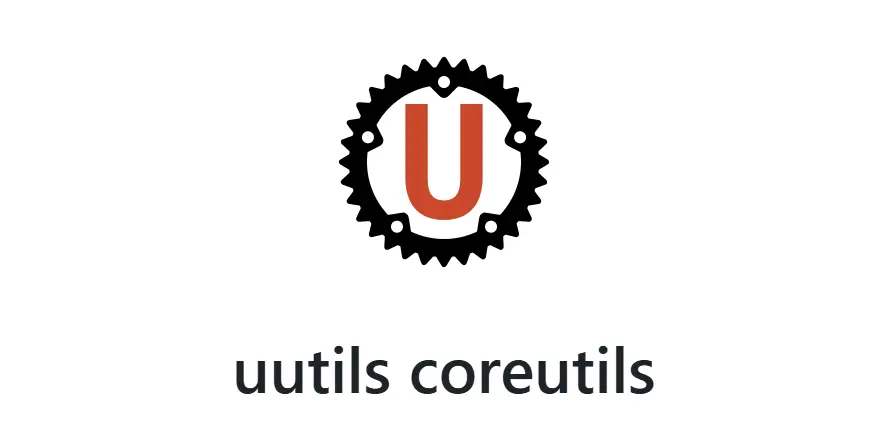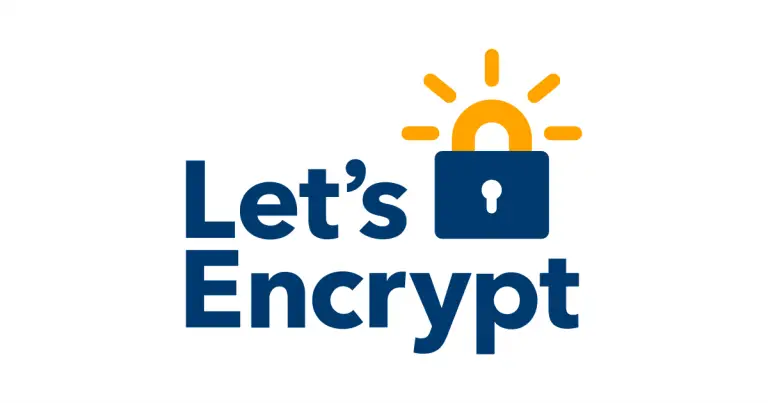
The developers behind the Rust Coreutils project have released version 0.1—the first stable build of an alternative suite of system utilities written entirely in Rust. This milestone marks a significant advancement, especially in light of Ubuntu 25.10’s plans to adopt this toolkit by default, replacing the traditional GNU Coreutils. The new release introduces substantial enhancements: the performance of utilities such as wc, ls, cat, tail, and seq now rivals—or even surpasses—that of their C-based counterparts. Additionally, SELinux support has been implemented for commands like cp, mkdir, ls, and install, and compatibility with GNU tools has been notably refined. The number of successfully passing tests from the GNU Test Suite has increased from 507 to 522. Altogether, Rust Coreutils is emerging not merely as a secure alternative, but as a mature and efficient choice for everyday use.
The transition to Rust for core system utilities is driven not by mere technological fashion, but by the language’s tangible advantages. Rust offers memory safety enforced at compile time, eliminating entire classes of vulnerabilities associated with buffer overflows and use-after-free errors. This is especially critical for utilities that often operate with elevated privileges and handle untrusted user data. GNU Coreutils, largely written in C over three decades ago, continue to encounter such security pitfalls.
Benchmarking results reveal impressive performance gains: the wc utility runs on average 15% faster than its GNU counterpart, seq outperforms it by 25–40%, and sort takes better advantage of multicore processors thanks to Rust’s native concurrency tools—achieving up to 60% performance improvements when sorting large files. Crucially, the developers have placed immense emphasis on compatibility, ensuring that existing bash scripts and system processes function seamlessly without modification.
Ubuntu’s decision to include Rust Coreutils as the default in version 25.10 has sent ripples through the Linux world. It is the first major distribution to make such a bold move. Canonical, the company behind Ubuntu, cites not only enhanced security but also a desire to prepare the platform for future innovation. Should the experiment prove successful, it may well set a precedent for other distributions to follow.
Despite this remarkable progress, the project still faces certain limitations. Some GNU-specific extensions remain unimplemented, and binary sizes are on average 40–60% larger than their C equivalents. Nevertheless, the development team aims to reach 90% compatibility with the GNU Test Suite in the coming months and to introduce novel features absent from the original utilities—such as native support for modern filesystems and improved handling of file metadata.


